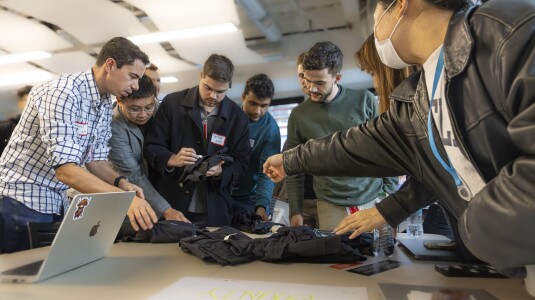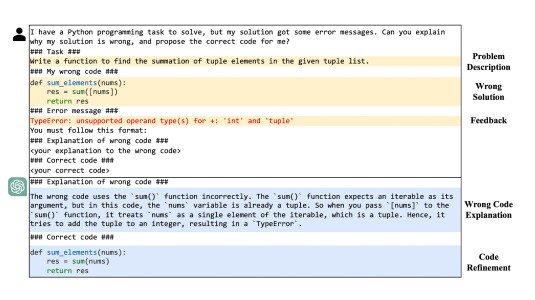ACES: automatic configuration of energy harvesting sensors with reinforcement learning
2020
Many modern smart building applications are supported by wireless sensors to sense physical parameters, given the flexibility they offer and the reduced cost of deployment. However, most wireless sensors are powered by batteries today and large deployments are inhibited by the requirement of periodic battery replacement. Energy harvesting sensors provide an attractive alternative, but they need to provide adequate quality of service to applications given the uncertainty of energy availability. We propose ACES, that uses reinforcement learning to maximize sensing quality of energy harvesting sensors for periodic and event-driven indoor sensing with available energy. Our custom-built sensor platform uses a supercapacitor to store energy and Bluetooth Low Energy to relay sensor data. Using simulations and real deployments, we use the data collected to continually adapt the sensing of each node to changing environmental patterns and transfer learning to reduce the training time in real deployments. In our 60 node deployment lasting two weeks, nodes stop operations for only 0.1% of the time, and collection of data is comparable with current battery-powered nodes. We show that ACES reduces the node duty-cycle period by an average of 33% compared to three prior reinforcement learning techniques,while continuously learning environmental changes over-time.
Research areas




